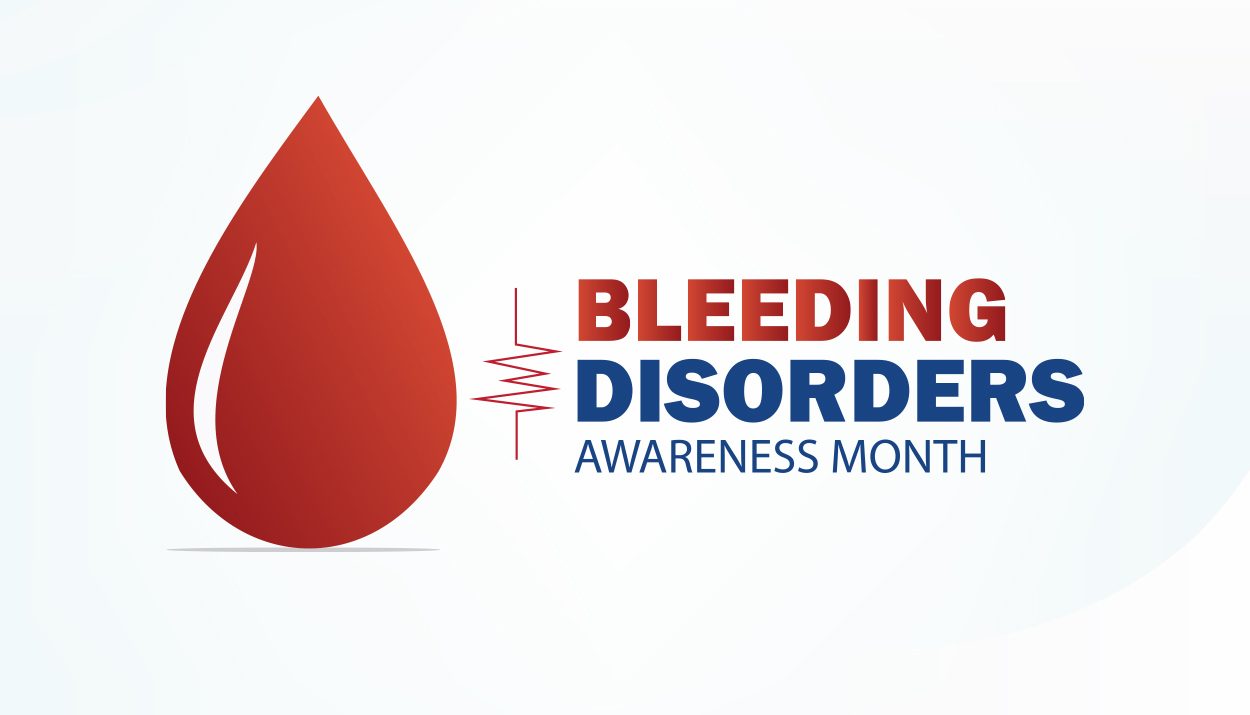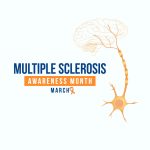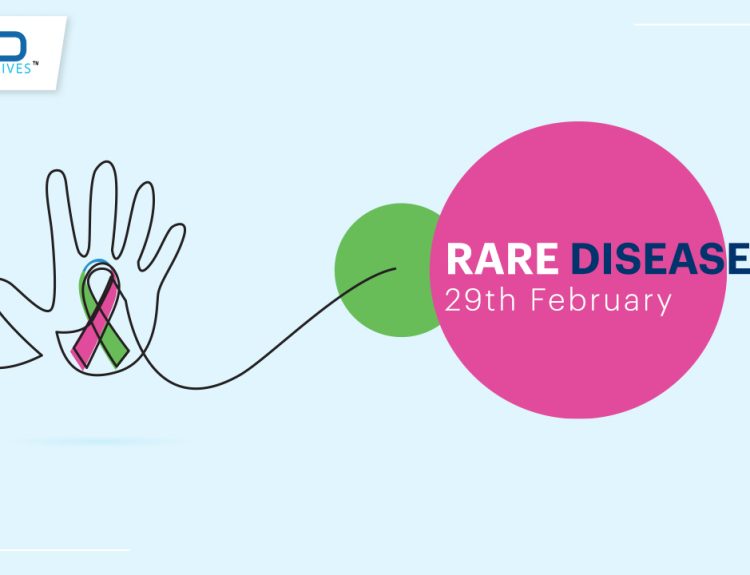Every year, National Bleeding Disorder Awareness Month serves as a reminder of the profound impact of hematological conditions on individuals, families and communities worldwide. The key objective of this month is to increase awareness, promote early recognition and encourage comprehensive management of these conditions.
At the forefront of this crusade are physicians whose unwavering dedication, clinical expertise and advocacy efforts are instrumental in spreading awareness about bleeding disorders. With the advent of remarkable medical breakthroughs, physicians are not only expected to fulfill their traditional role of healers but also catalyze change across the healthcare continuum. As we deal with the intricacies of bleeding disorders, which are characterized by a range of clinical manifestations, complex pathophysiological mechanisms and ever-evolving therapeutic approaches, the role of physicians has become even more significant.
Bleeding Disorder and Their Management
The hemostatic system plays a crucial role in preventing excessive bleeding following an injury. When endothelial damage occurs, it initiates a series of events involving vasoconstriction, platelet aggregation and clot formation. This process, known as hemostasis, involves a delicate balance of procoagulant and anticoagulant factors to maintain blood flow while preventing excessive clotting. Bleeding disorders disrupt this process.
Classification of bleeding disorders
Classification of bleeding disorders typically involves categorizing them into three main types: platelet function disorders, coagulation factors disorders and blood vessel integrity disorders.
Hemophilia A/B and von Willebrand disease are common types of inherited bleeding disorders. Hemophilia is characterized by deficiencies in clotting factors VIII (hemophilia A) or IX (hemophilia B), while von Willebrand disease involves a deficiency or dysfunction of von Willebrand factor (vWF), affecting platelet adhesion and aggregation.
In 2019, approximately 195,263 individuals worldwide were diagnosed with hemophilia, while 80,302 individuals with von Willebrand disease. hemophilia A emerged to be the most prevalent type, which occurs in approximately 1 in 5,000 male births.

Prognosis
The prognosis for individuals with bleeding disorders has significantly improved with advancements in treatment and management strategies. Early diagnosis, comprehensive care, and patient education have proved to be essential for optimizing outcomes and improving quality of life.
Management
Treatment strategies for bleeding disorders vary depending on the specific disorder. The mainstay of hemophilia treatment is factor replacement therapy meant to restore deficient clotting factors. In case of von Willebrand disease, treatment may involve desmopressin (DDAVP) to stimulate vWF release or cryoprecipitate to provide vWF and other clotting factors.
Adjunct therapies such as antifibrinolytic agents (aminocaproic acid, tranexamic acid) and hormonal treatments (oral contraceptives) may be used to manage bleeding episodes or prevent excessive bleeding in certain patients.
The Integral Role of Physicians
Educational Endeavors
Lending their voices to bleeding disorder awareness efforts, physicians can play a crucial role in disseminating accurate information to both healthcare colleagues and the public. Through academic lectures, grand rounds, and interactive workshops, they have the opportunity to impart a comprehensive understanding of bleeding disorders, elucidating pathophysiological underpinnings, diagnostic modalities, and therapeutic interventions.
Patient-Centered Care and Empowerment
Beyond the confines of clinical encounters, physicians play a pivotal role in fostering patient-centered care paradigms that prioritize holistic well-being and autonomy. By endorsing open channels of communication, they form a bond grounded in trust and mutual respect. It empowers patients to actively participate in their care journey, right from recognizing prodromal bleeding symptoms to self-administering clotting factor replacement therapies.
Advocating Accessible Healthcare
Physicians must ceaselessly advocate for fair access to comprehensive healthcare services for individuals suffering from bleeding disorders. Whether lobbying for legislative reforms to expand insurance coverage for life-saving treatments or collaborating with healthcare systems to establish multidisciplinary bleeding disorder centers of excellence, doctors should ensure no individual is left behind in securing optimal health outcomes.
Research and Innovation
In the pursuit of scientific advancement, physicians can play a pivotal role in driving transformative breakthroughs in bleeding disorder research and innovation. Collaborating with scientists, translational researchers, and industry partners, physicians can translate benchside discoveries into bedside applications, ushering in a new era of precision medicine for bleeding disorders. They can also gain valuable insights from data-collection resources like The World Bleeding Disorder Registry to facilitate advanced research and support evidence-based treatment approaches.

For all physicians looking to amplify their voices and raise awareness about bleeding disorders, MDForLives serves as an invaluable platform facilitating knowledge sharing, collaborative discussions and dissemination of evidence-based information.
Leveraging its robust network of medical professionals, physicians can publish articles, share their indispensable insights by participating in surveys, and engage with colleagues from diverse specialties and backgrounds. Their collective expertise can educate peers, advocate policy reforms, and empower patients and communities with vital information about bleeding disorders.
Healthcare professionals passionate about driving progress in healthcare are encouraged to join us today! Participate in compensated medical surveys, earn rewards, and be a part of MDForLives’ exclusive webinars and discussion forums.
References:
- Bleeding disorders
www.ncbi.nlm.nih.gov
- Data & Statistics on Hemophilia
www.cdc.gov






